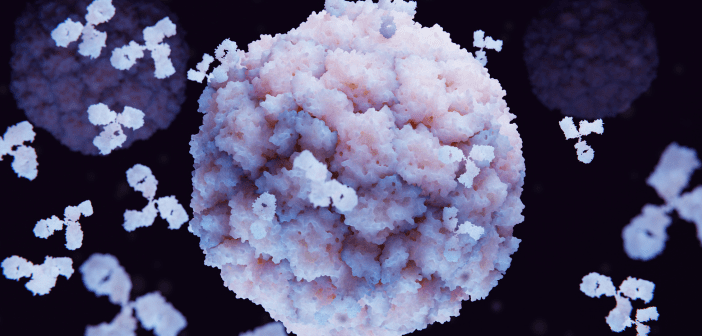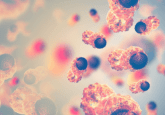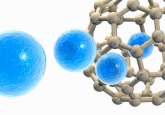Top journal articles on antibody-drug conjugates

Antibody-drug conjugates (ADCs) are targeted medicines that deliver toxic agents to cancer cells. It is important that the effects and toxicity of these innovative biopharmaceutical products are fully assessed and reviewed. In this listcle, we review some of the most-read articles on antibody-drug conjugates, according to Altmetrics.
Toxicity profile of antibody-drug conjugates in breast cancer: practical considerations
ADCs have pushed forward both immunotherapy and chemotherapy through their ability to deliver cytotoxic compounds to the tumor site. However, this can cause some adverse effects that need to be monitored despite typically being well tolerated.
This Review article delves into the latest evidence on toxicities that potentially occur during breast cancer treatment with approved ADCs [1].
To read more about bioanalysis and its relationship with oncology, check out this Bioanalysis article here: www.bioanalysis-zone.com/bioanalysis-and-the-oncology-revolution/
It has been hypothesized that the binding of the ADC antibody component by humoral immuno-oncology factors may potentially hamper ADC efficacy, due to reduced internalization. This study explores the potential effects of humoral immuno-oncology factor ADC suppression and how this can affect therapeutic efficacy [2].
To read more about the risk factors of ADCs, check out this interview with expert Corinna Fiorotti (BioAgilytix; NC, USA): www.bioanalysis-zone.com/evaluating-immunogenicity-antibody-drug-conjugates_bioagilytix/
Antibody–drug conjugates come of age in oncology
ADCs are increasingly being used in combination with cytotoxic agents to treat patients with cancer. However, toxicity is the main issue in the development of these agents and future management of ADC-related toxicities will be essential for further optimization.
This Review article published in Nature Reviews Drug Discovery gives an overview of the recent advances and challenges of ADC development for cancer treatment [3].
To learn more about bioanalysis and its role in oncology drug development, register for our webinar: ‘Biomarker bioanalysis in oncology drug development and personalized medicine’.
The extra domain B splice variant of fibronectin (EDB + FN) is highly expressed in various cancer types such as non-small-cell lung cancer, head and neck cancer and breast cancer. This study explores how the ADC PYX-201 targets the EDB + FN in the tumor microenvironment using ELISA, resulting in the first time a PYX-201 bioanalytical assay in any matrix has been reported [4].
To find out more, read the full article in Bioanalysis: www.tandfonline.com/doi/10.4155/bio-2022-0233
References
- D’Arienzo A,Verrazzo A, Pagliuca M et al. Toxicity profile of antibody-drug conjugates in breast cancer: practical considerations. eClinicalMedicine. doi: 10.1016/j.eclinm.2023.102113. (2023) (Epub ahead of print)
- Nicolaides NC, Kline JB, Grasso L. NAV-001, a high-efficacy antibody-drug conjugate targeting mesothelin with improved delivery of a potent payload by counteracting MUC16/CA125 inhibitory effects. PLoS One. 18(5), :e0285161 (2023).
- Dumontet C, Reichert JM, Senter PD Lambert JM, Beck A. Antibody–drug conjugates come of age in oncology. Nat. Rev. Drug. Discov. 22(8), 641–661 (2023).
- Yin F, DeCiantis C, Pinkas J et al. Quantification of antibody–drug conjugate PYX-201 in rat and monkey plasma via ELISA and its application in preclinical studies. Bioanalysis. 15(1) 43-52 (2023).






